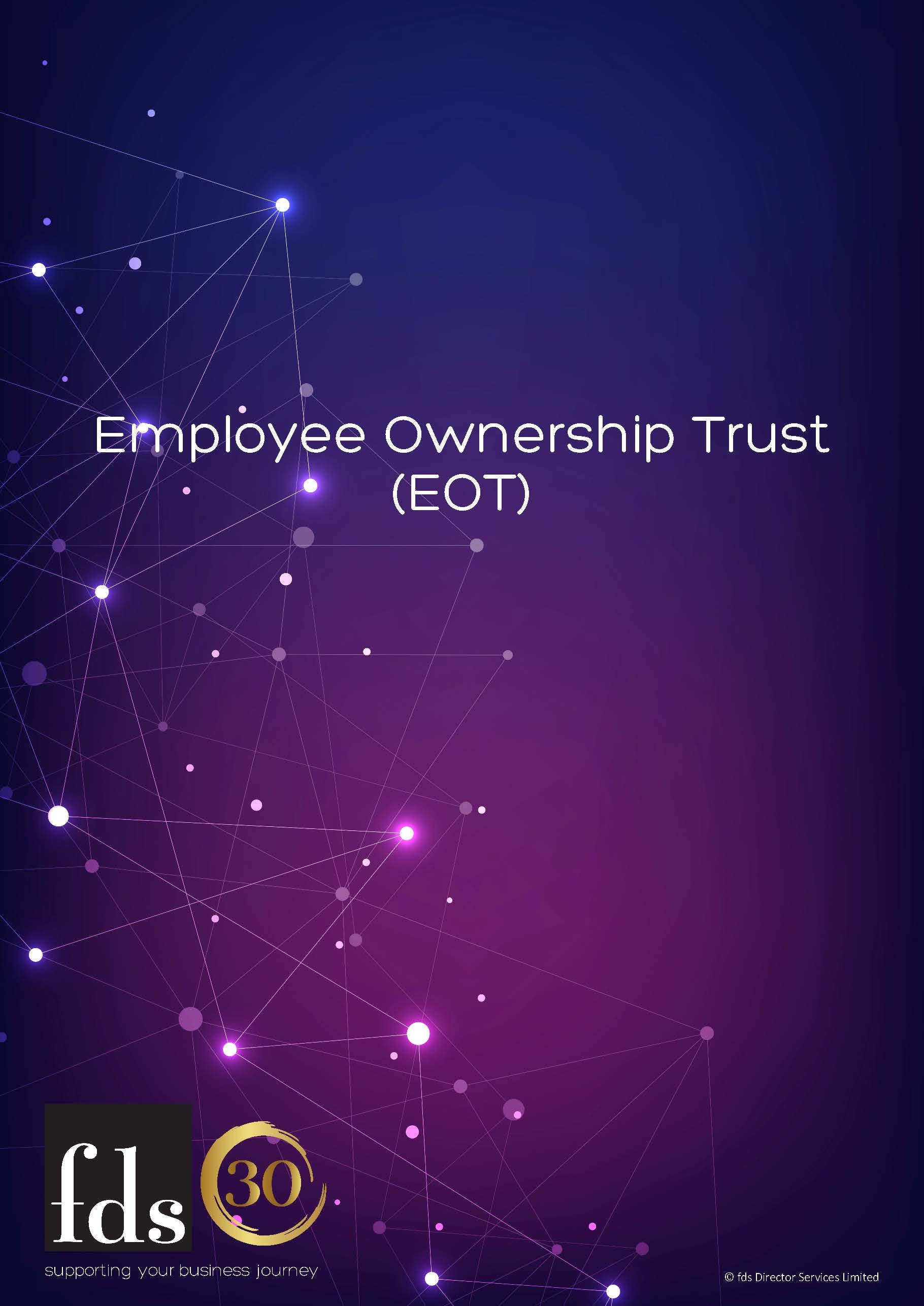If you are at the stage where you’re considering your succession planning or possible exit options, and company culture and employees are a top priority, it may be worth considering a Management Buyout (MBO) or an Employee Ownership Trust (EOT).
Listed below is an overview of both exit options, which will hopefully provide some insight and clarification as to which route may be better suited for you and your business going forward.
Management Buyout (MBO)
An MBO is the more known, usual way of a management team acquiring the business from the current owners.
Typically, the ‘buyers’ includes a small top team, with a deal leader, likely the CEO, and finance and sales professionals. This top team is important, as funders need to feel comfortable that ‘NewCo’ will not be reliant on one person. That isn’t to say this team needs equal shareholding, but they certainly need to be clear on how shares are to be divided and of course to have this in writing via a shareholder agreement.
It’s not usual for such teams to be awash with funds, so deals with the vendor to support the payout*buyout are common. This can be backed via Private Equity support (if the deal is big enough) but the equity must be shared, and debt If unencumbered assets are available (e.g., debtors and buildings).
There may be issues in agreeing on the company valuation, as on one hand, the buyout team will argue they have created the value and the vendor will say well that was your job. Therefore, it is recommended that using sensible advisers who are sensitive to this regular issue is vital.
It should be noted that the vendor will pay Capital Gains Tax on all sale proceeds, whether they are deferred or not. But the good news is that the company’s values, DNA and team stay intact, plus funders like MBO teams, as they are seen as safe hands for the future of the business.
Employee Ownership Trust (EOT)
An Employee Ownership Trust is where the vendor agrees to transfer a minimum of >50% of the shares in their business to a Trust which holds the shares for the benefit of all qualifying employees.
Qualifying beneficiaries depends on one or more of the following categories as defined by the company’s directors (this differs from business to business, as each company sets its own criteria):
- Length of service
- Hours worked
- Total remuneration
When establishing the Trust, it must have a board of directors which must include an employee representative and an independent director, the vendor is also allowed a seat on the board.
The value of the company needs to be revenue approved and there must be a valid reason for establishing the EOT. Once HMRC approval is gained, then a decision is needed on how the agreed consideration will be paid. Most often this involves a vendor loan, possibly more support, and if agreed some borrowing against the company’s assets.
An added advantage is that the vendor takes all proceeds free of any Capital Gains Tax and beneficiaries of the Trust can be paid up to £3,600 per year tax-free bonuses.
Whilst the beneficiaries are treated equally, bar from the set Trust criteria, for qualifying companies an EMI scheme can sit side by side with this process to allow for added value to be provided to senior management.
With an EOT, unlike an MBO, there is no payment taken from any beneficiary for the share in the trust.
If you would like to discuss your succession planning further, and which option may be right for you, please get in touch and we would be happy to discuss your options and the processes.

.jpg?auto=compress%2Cformat&cs=strip&fit=clip&ixlib=php-1.1.0&s=d39a18851386dcbf524982c9134789ae)

